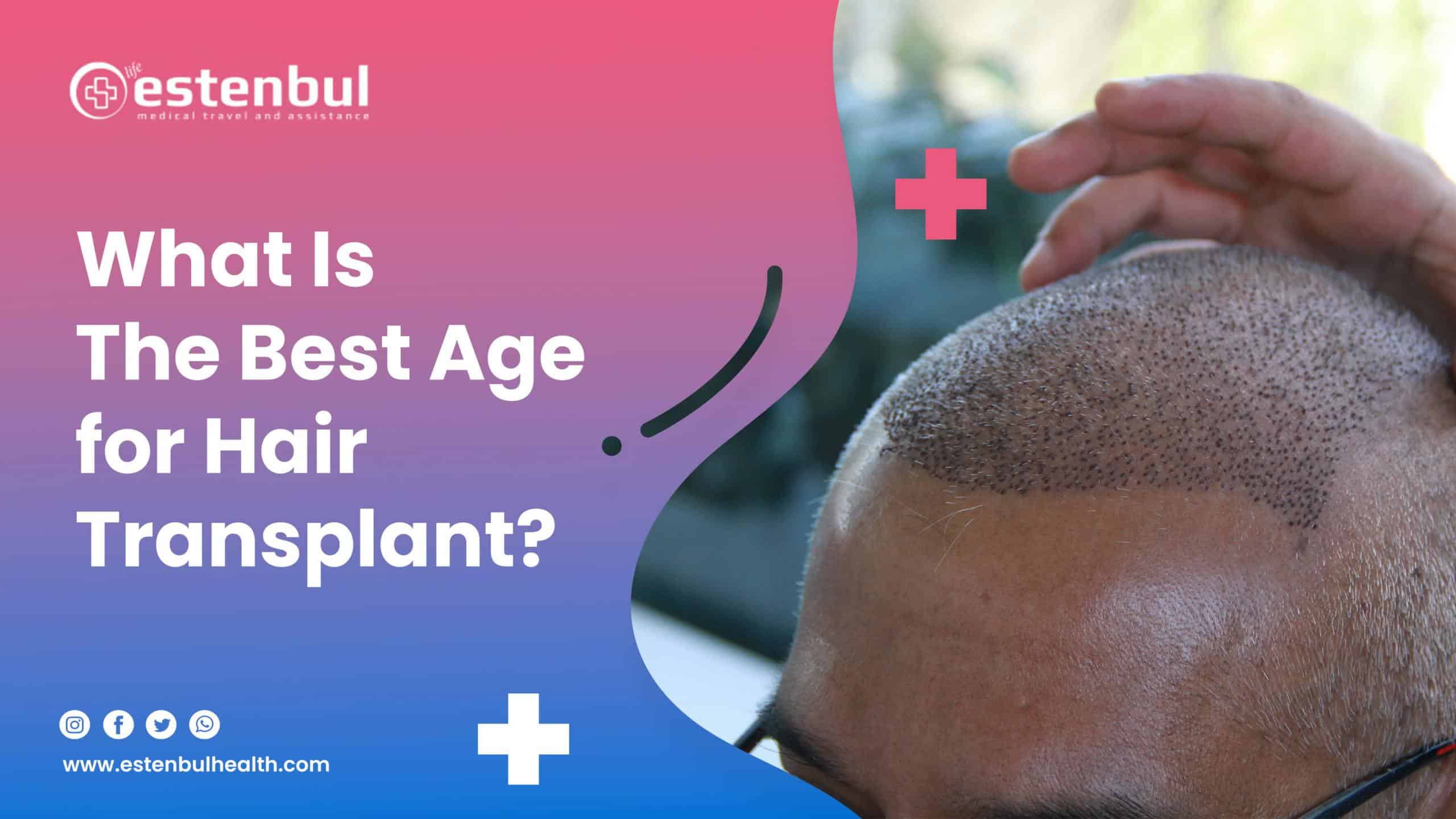
Articles
What Is The Best Age for Hair Transplant?

You can take a look at the details we have given in our article to reach the best age for hair transplant information. Hair transplant treatment is the most effective method of dealing with hair loss and baldness. This treatment method, which is very popular today, can be applied to suitable people who have hair loss problems. Of course, many tests are required to know whether you are suitable for hair transplant treatment.
In order to obtain the best age for hair transplant information, it would be correct to act according to both the tests and gender. In this article, we wanted to compile what you need to know about the best age for hair transplant.
Best Age for Hair Transplant
The best age for hair transplant is generally accepted between the ages of 20 and 65. The hair transplant method can be used in the treatment of conditions such as hair loss and baldness that occur at these ages. Hair transplant age, of course, is not the only criterion used to start treatment. It is very important for hair transplant treatment that the results of the blood tests performed on the patient are also positive.
However, it is possible to apply hair transplant treatment to men and women between the ages of 20 and 65. The best age for hair transplant may also differ from woman to man. In this regard, while the success rate in men is higher, the success rate of older women is lower.
In this article, we wanted to list the factors accompanying the best age for hair transplant for you. Here are some important details to know about the best age for hair transplant:
Best Age for Hair Transplant: Hair Transplant Treatment at Young Ages
Hair transplant at 26 is considered treatment with a very high success rate. The hair transplant method should be preferred for the treatment of hair loss problems, which is seen at a young age. The success rate of transplant treatment received at a young age is also quite high. If everything goes well, it can be said that hair transplant treatment at a young age is 90-95% successful.
Hair transplant at 30 is also considered a very effective criterion. Considering that the problem of hair loss slows down after the age of 40, the treatment should be done until the age of 40. The best age for hair transplant should be taken as a basis between the ages of 20 and 40.
While benefiting from hair transplant treatment at a young age, one of the DHI or FUE hair transplant techniques can be preferred. Both techniques are very suitable for hair transplant treatment applied at a young age.
Best Age for Hair Transplant: Post-Middle Age Hair Transplant Treatment
When it comes to the best age for the hair transplant period, we can add the middle age period to this period. As we have mentioned before, hair transplant treatments performed between the ages of 40 and 65 have a high success rate. The methods applied in the treatment of these ages are also one of the FUE or DHI hair transplant methods.
The best age for hair transplant is also associated with middle age and covers the period until old age. Considering that hair loss is complete by the age of 40, it is a fact that this treatment will be effective. Although the treatment applied to hair loss seen at a young age is high in terms of success rate, the treatment applied after the shedding is completed is also important.
The best age for hair transplant, in short, is a definition given to the period between the early 20s and 65 years of age. It can be guaranteed that the treatment taken at this age will also be effective in the future. Of course, some genetic factors or complications in this process may also affect the success of the treatment.
Worst Age for Hair Transplant: Too Old for Hair Transplant
Since the best age for hair transplant is considered to be between the ages of 20 and 65, it does not cover those after 65 years of age. For the treatment to be applied after the age of 65, different tests should also be performed. It is also a fact that most of the individuals who are considered to be elderly are not suitable for treatment. Therefore, it can be said that the success rate of the treatment applied after the age of 65 is quite low.

